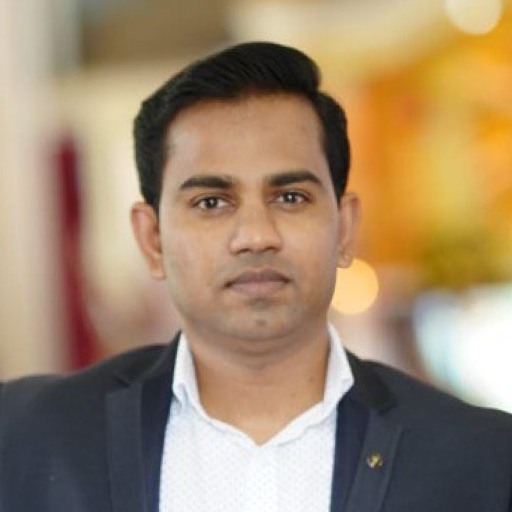Personal decision or calling? Yet to find out
Being a nurse was never my ambition. I wanted to be a journalist or a film director. But
maybe I did not have the courage or passion to pursue it. The society around me often spoke
negatively about those choices, saying things like low pay, no stability, or hard to settle
in life. Like many teens, I was confused and looked for an easier way out.
Even though I was not passionate about nursing, I chose it because it gave me a chance to go
abroad and settle. That was the main reason.
But looking back now, I see I fell in love with the profession. I feel like I did not choose
nursing. Nursing chose me. I learned a lot. I met real life. I have been in life-saving
situations. I have been in moments that no one ever wants to find themselves in.
In 2009, I came to the UK and started working in a care home. It changed my life. It changed
how I see the future.
Born of frustration, learning to lead with vision
Since I started working in care homes, my ambition was to buy or operate one, and to run it
the way I believed it should be. But getting into the care home ladder was not easy. I could
not afford the upfront cost, and I could not find the right partners.
In 2017, I started my first startup. I did it out of frustration more than vision. But once
I stepped in, I gave it everything I had. I genuinely tried to build something good.
When I look back, I can see that my early thinking as a founder was shaped by motivational
talks and books I found online, mostly on YouTube. More than vision, it was a drive to do
something with life.
Between 2017 and 2025, I have been evolving. I have learned how startups work, how people
work, and how progress really happens. I have met some amazing people. I have come to know
the care sector not just from the outside, but from the inside.
At this point, I do not really see myself as a founder. I see myself more as a facilitator,
or a coordinator. I am not building anything alone. But I am leading it. I am leading a
group of talented people, working with a vision that others may not yet fully see. But I do.
Aren't we all writers? I think so
What makes someone a writer? I do not know. I think we all write something at some point in
our lives. I do not believe I write more than most people. Maybe the only difference is that
I do it intentionally. Not for SEO or fundraising, but because I like documenting life.
From a young age, I was into reading and writing. I wrote short stories in Malayalam, and my
mother loved them. Writing in English was not easy. I struggled with spelling, sounding, and
grammar from the beginning. A clinician once told me I likely have mild dyslexia. When I was
growing up in India, there was not much awareness about that. I remember being ridiculed in
class for my spelling. It felt like a trauma I carried with me.
Still, I worked hard. In 2011, I passed the IELTS exam with a writing score of 7.5 and over
7 in all areas. That was a big moment. I knew how much effort it took. Writing used to drain
me. But when Grammarly came along, it helped take some of the pressure off. I started
writing more in English. AI helped me even further.
But writing is not just about tools. It is about what matters. I do not write just to write.
I write when something feels worth putting down.
